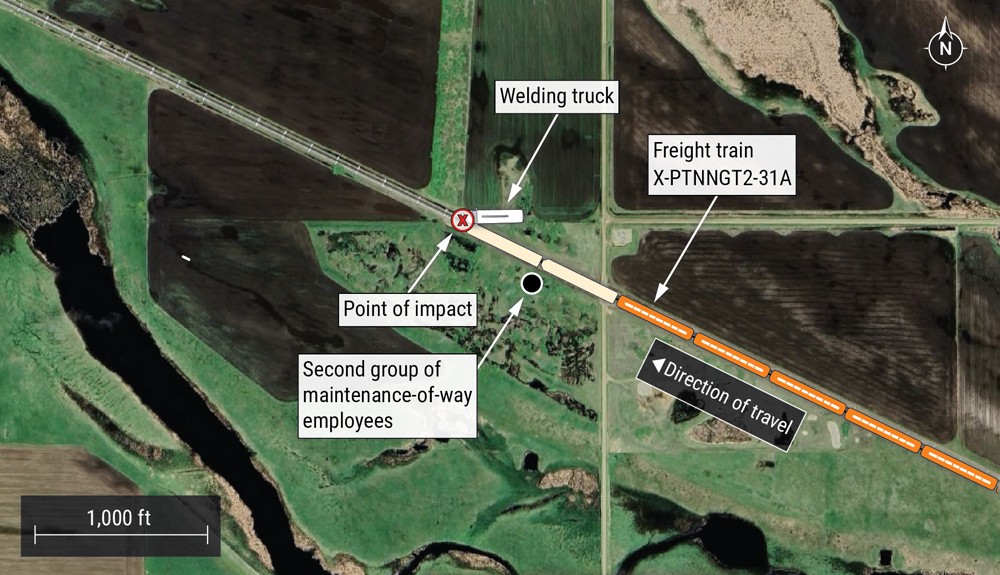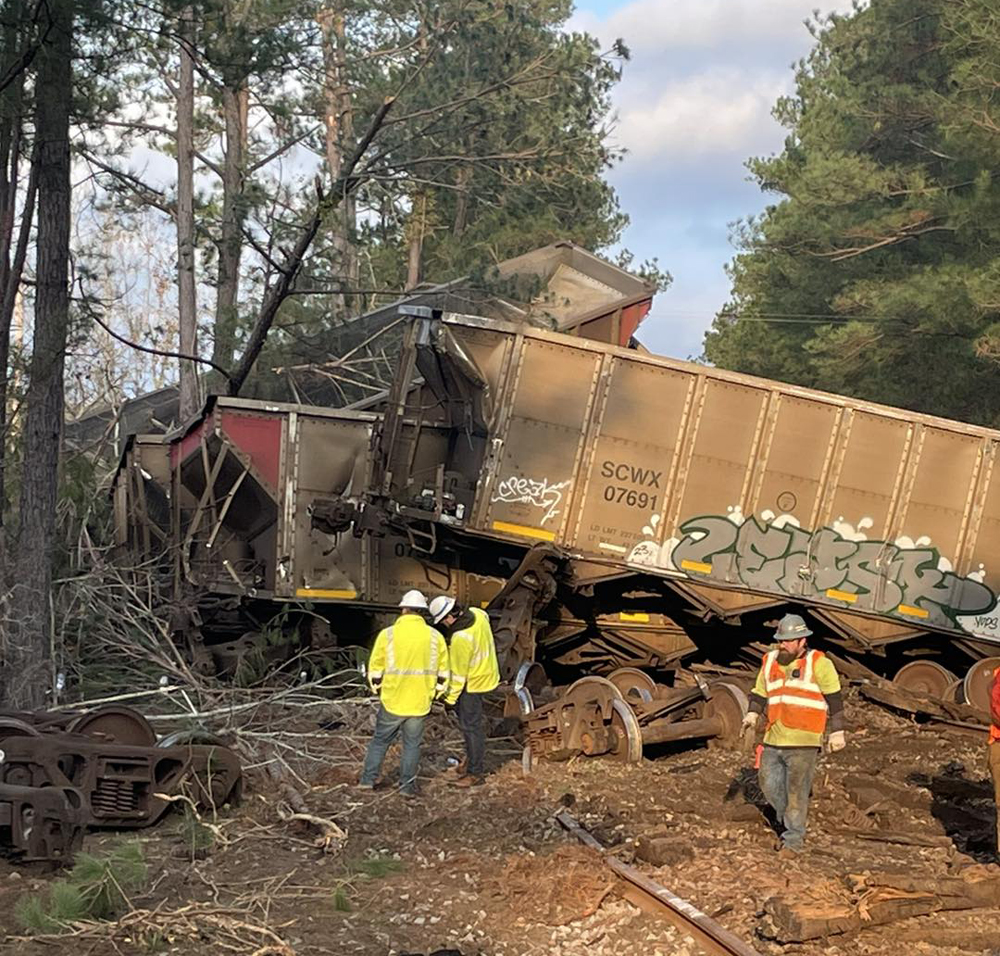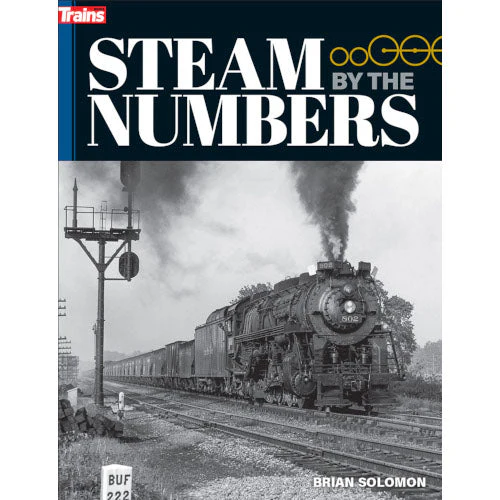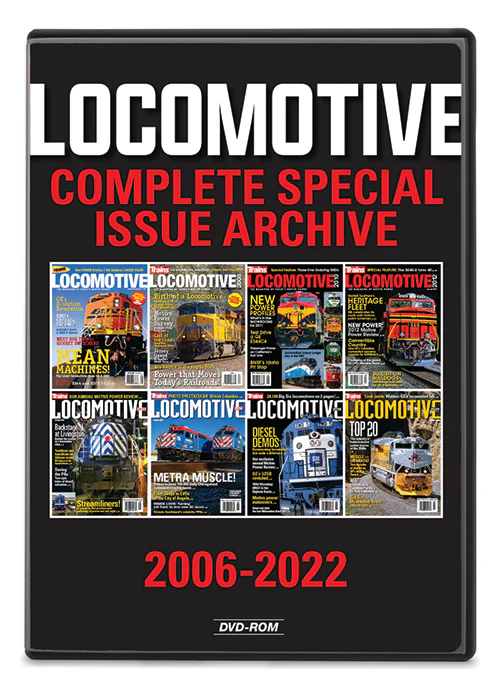
MONTREAL — Canadian National CEO JJ Ruest will retire in January, the railroad announced today amid the ongoing proxy contest launched by activist investor TCI Fund Management.
No successor was named, and CN’s announcement came a day after TCI released its plan touting former CN Chief Operating Officer Jim Vena as its chief executive candidate as part of a broader call for change at the railroad.
CN’s board will consider CEO candidates inside and outside the company. “We know there is some candidate out there, at least one, but I think the world is bigger than that and before the board makes a decision they want to … be very, very thorough,” Ruest says.
TCI founder Chris Hohn welcomed the news, saying it was a good start and “a clear admission by the board that change is needed.” TCI urged the CN board to meet with Vena and appoint its slate of four directors to the board immediately.
Earlier this month CN announced it will hold a special shareholder meeting on March 22 to consider TCI’s proposals and fired back at what it called TCI’s “misleading claims.” Independent analyst Anthony B. Hatch was surprised by Ruest’s pending departure and wondered if it meant CN was surrendering to TCI. “How do you go into battle without your general? I remain confused … is this a white flag?” he asks.
Ruest, speaking with investors and analysts on CN’s earnings call, dismissed TCI’s plan as “a vague presentation with no clear targets” while noting that it largely mirrors CN’s own growth strategy.
Last month CN unveiled a Full Speed Ahead plan to improve the railroad’s operating ratio, cut costs and capital spending, and increase shareholder returns through a combination of earnings growth and share buybacks.
CN has already completed 750 of the 1,050 management and union job cuts planned under Full Speed Ahead, executives said today, with the remainder to be completed by the end of the year. The railroad also made additional cuts that will save $100 million this year, and has raised rates by 5.1% for the year to date through Sept. 30.
CN’s third quarter operating ratio, adjusted for one-time items, was 59%, a 0.9-point improvement compared to a year ago. The railroad’s target for 2022 is a 57% operating ratio, which Ruest has called a “sweet spot” that balances the interests of shareholders and CN’s customers.
“Our job is to deliver a very solid result in the fourth quarter, to finish on a high, and prove to our investors and our customers that our 2022 business plan is real and to be really set up to enter 2022 on a really solid footing,” Ruest says.
Although CN downgraded its volume outlook for this year due to the poor Canadian grain crop, executives said they expect growth across the board next year due to strong demand for intermodal business through congestion-free CN-served ports on the Pacific, Atlantic, and U.S. Gulf costs, and growth in a range of carload commodities as well as export coal.
CN also said it’s making progress on reviewing its non-rail businesses. The Great Lakes Fleet will be sold, CN’s freight forwarding arm is being shut down, and CN is exploring ways to change the ownership structure for TransX, the trucking firm it acquired in 2019 to bring more intermodal volume to the railroad.
The proxy contest and update on Full Speed Ahead progress overshadowed CN’s third quarter results. For the quarter, operating income declined 2%, to $1.3 billion, as revenue increased 5% to $3.6 billion. Earnings per share, adjusted for the impact of one-time items, rose 10%, to $1.52.
CN’s volume decreased 1% for the quarter when based on carloads or revenue ton miles, the favored metric of the Canadian railroads. Coal, metals and minerals, and petroleum and chemicals traffic were up for the quarter, but automotive, intermodal, grain, and forest products traffic all declined.
The railroad’s key operational metrics, including car miles per day, average train speed, and terminal dwell, all improved for the quarter.













